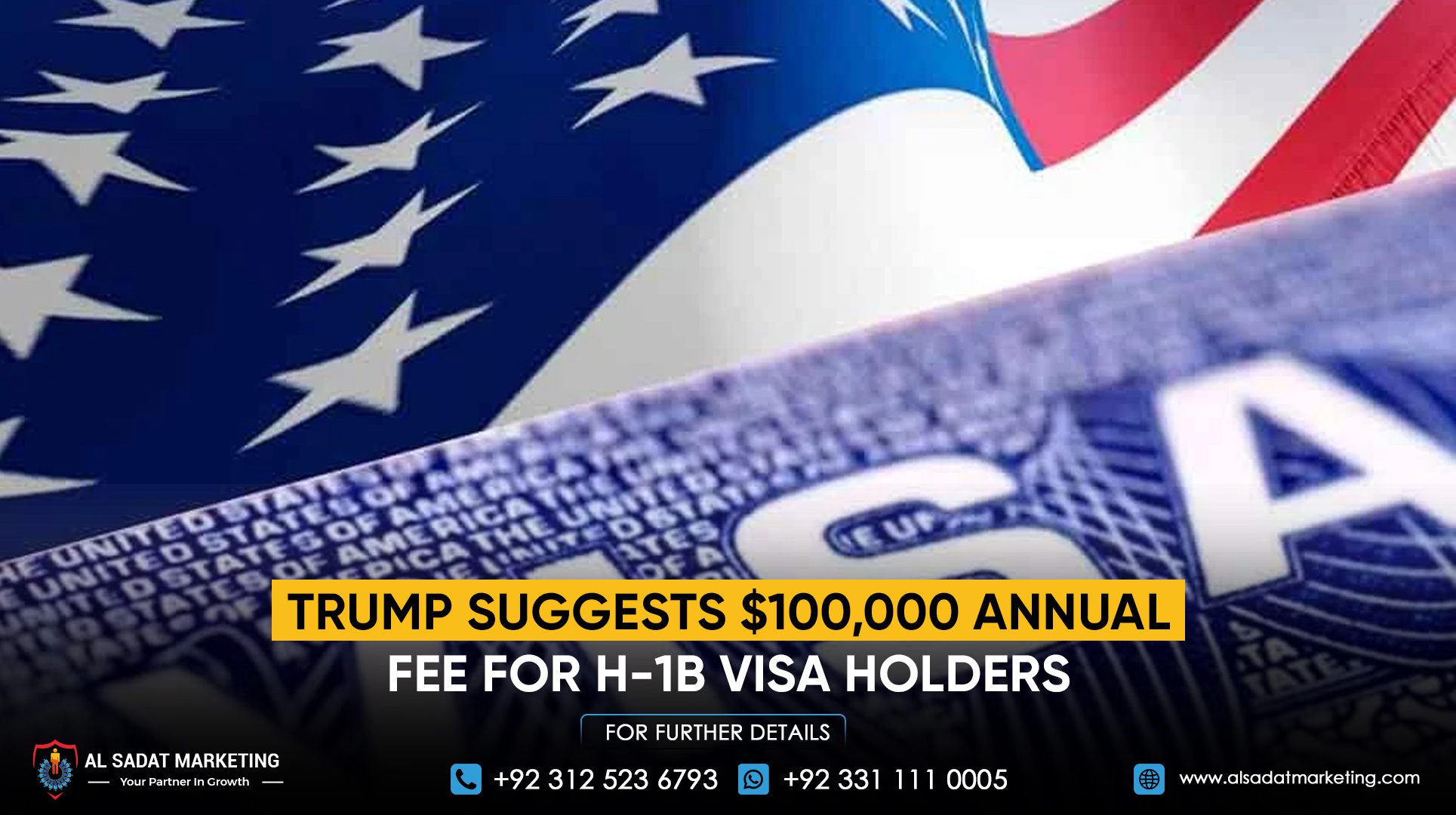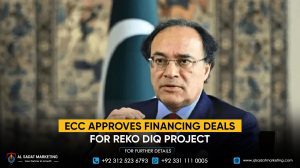The Trump administration has announced a major shift in the H-1B visa program, proposing a steep fee of $100,000 per year for companies hiring foreign workers under the visa scheme. The move could hit the technology sector hard, especially firms that rely on skilled workers from India and China.
The new policy, unveiled Friday, is part of a broader immigration crackdown aimed at reshaping both legal and temporary employment visas. US Commerce Secretary Howard Lutnick defended the decision, urging companies to train American graduates instead of hiring foreign talent.
Critics of the H-1B program argue that it has been misused to suppress wages and displace American workers. However, supporters, including Tesla CEO Elon Musk, say foreign professionals are crucial for filling talent shortages and keeping the US competitive in fields like artificial intelligence and advanced technology.
Industry experts warn that the $100,000 annual fee could deter global talent from coming to the US, pushing companies to relocate high-value work overseas. Smaller tech firms and start-ups, already struggling with costs, could be the most affected. Analysts also caution that the decision risks weakening America’s innovation edge at a time when competition with China in technology is intensifying.
India remains the largest beneficiary of H-1B visas, with nearly three-quarters of approvals, followed by China. Major firms like Amazon, Microsoft, and Meta each secure thousands of these visas annually to meet their workforce needs.
Following the announcement, shares of tech companies dependent on H-1B workers, such as Cognizant, Infosys, and Wipro, saw declines on Wall Street. Immigration advocates also raised legal concerns, questioning whether the administration has the authority to impose such high fees without congressional approval.
The H-1B program currently provides 65,000 visas annually, with an additional 20,000 for workers holding advanced degrees. Employers already pay several thousand dollars in fees per application, making the proposed $100,000 charge a dramatic escalation.
In addition to the H-1B changes, Trump also signed an executive order introducing a “gold card” program, offering permanent US residency for individuals able to pay $1 million.










